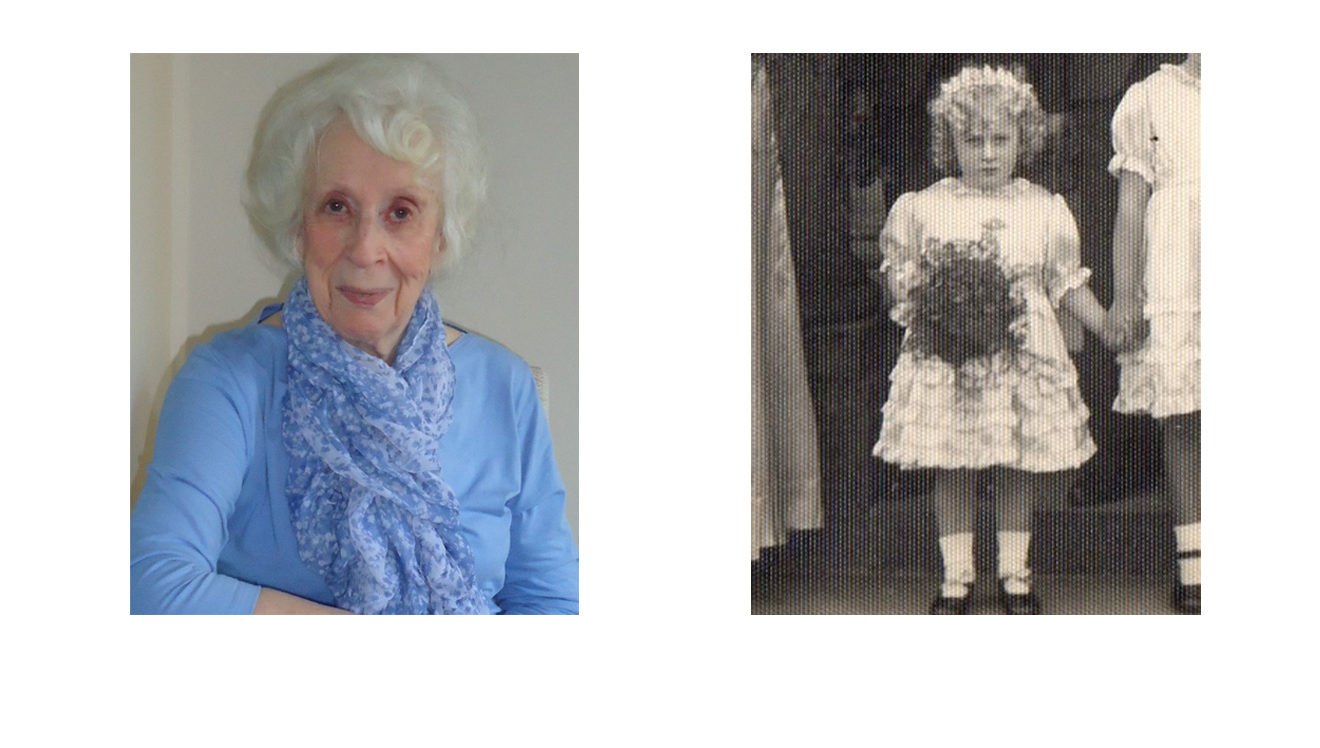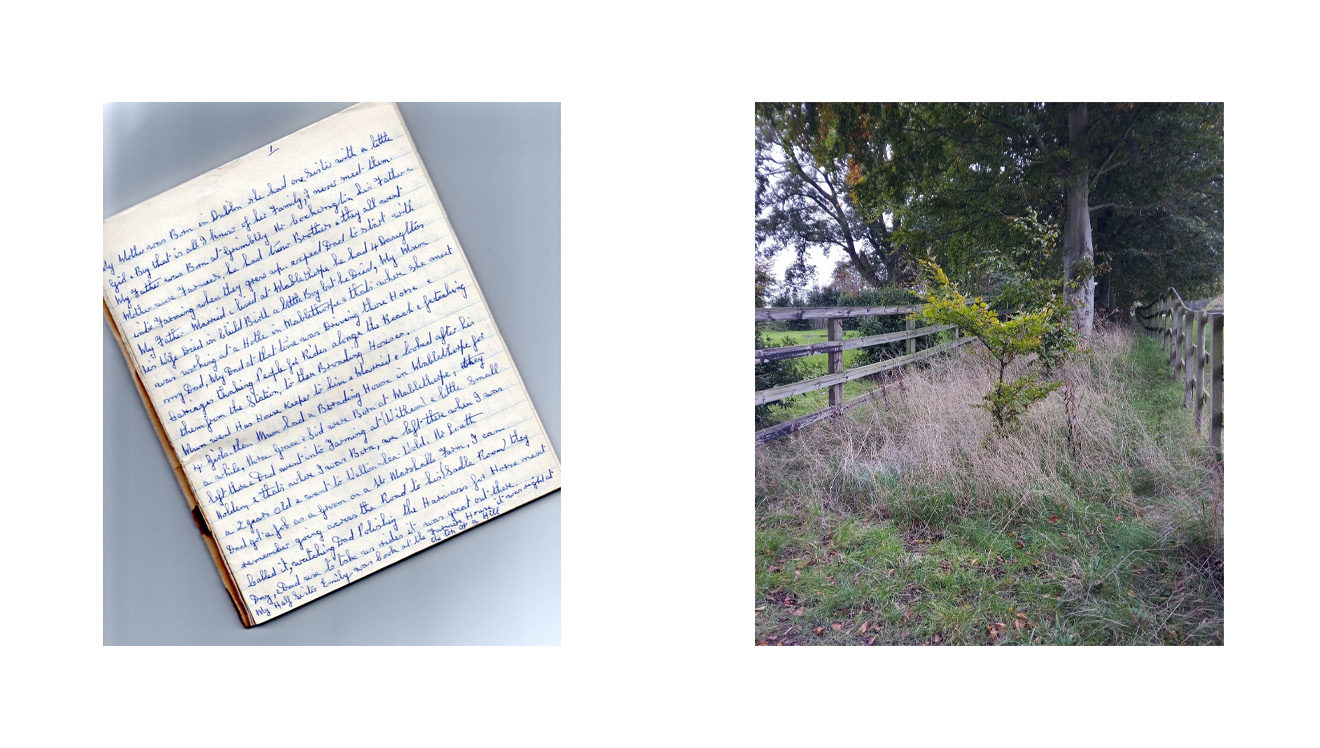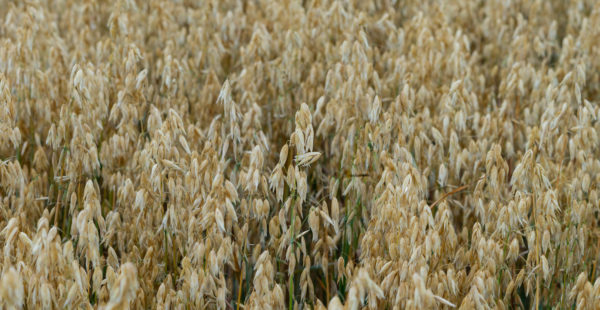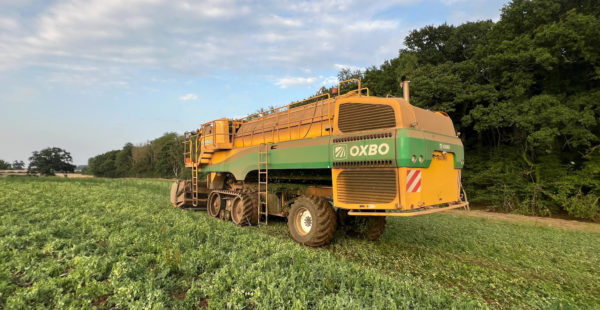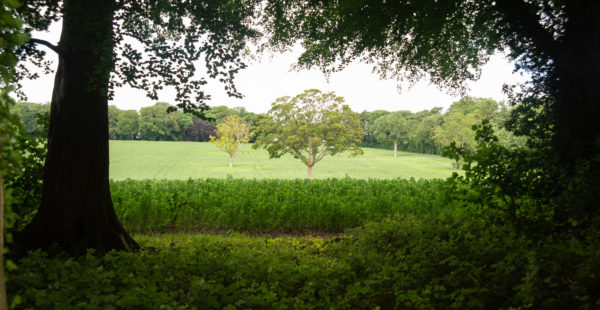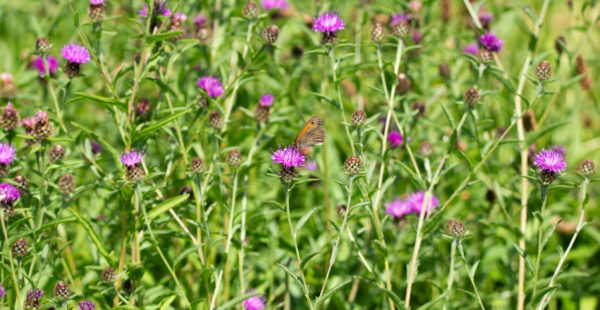I’ve Got You Now: Farewell to Auntie Kath
Cecile Stevenson, Kathleen Brown’s ‘littlest bridesmaid’, reflects on the day she returned to South Ormsby to scatter her Auntie Kath’s ashes and to remember the ties that bound them across generations.
I woke early as old people often do, especially when they have an important day ahead of them, and this was a very important day. My Auntie Kathleen’s ashes were to be scattered near St Leonard’s Church, South Ormsby, where she married my Uncle Bert on this date exactly 80 years ago: October 12th, 1940.
Life for many people was not so easy at that time and it was made more unpredictable and hazardous by the war, which was spreading across the world, creating mayhem, with its outcome uncertain. The young couple who married in those perilous times would experience both tragedy and triumph in their 56 years together, with little being said about any of it. That was the way in those days.
80 years later, on this day of commemoration, the world was dealing again with foreboding, loss and deprivation. A new, very aggressive disease had appeared and was racing across the planet. It had been classified as a pandemic and the virus causing it was named Covid-19.
Auntie Kathleen died shortly before her 105th birthday on the first day of the first lockdown when strict regulations were introduced in an attempt to halt the spread of the new – often very serious, even fatal – illness. She was one of the many people for whom no funeral gathering of any size was allowed under the lockdown rules, so the celebration of her life was on hold. So it was that her son, David, his wife Pam and I were travelling to South Ormsby for a small memorial ceremony with masks on, car windows positioned for cross-ventilation and bottles of anti-viral hand gel at the ready.
I am the only one left from those long-ago wedding celebrations and that day has always been one of my most vivid memories. I had not been back to South Ormsby Church since then although as a child I had often got off the bus as it stopped at the nearby school when I went to see my granny who lived in Brinkhill. I was looking forward to the visit, despite its sad purpose, but I knew that Auntie Kath’s long life, lived well, was a cause for thankfulness. She was always friendly, sociable and hospitable. She was a good conversationalist and kept her sharp brain to the end.


